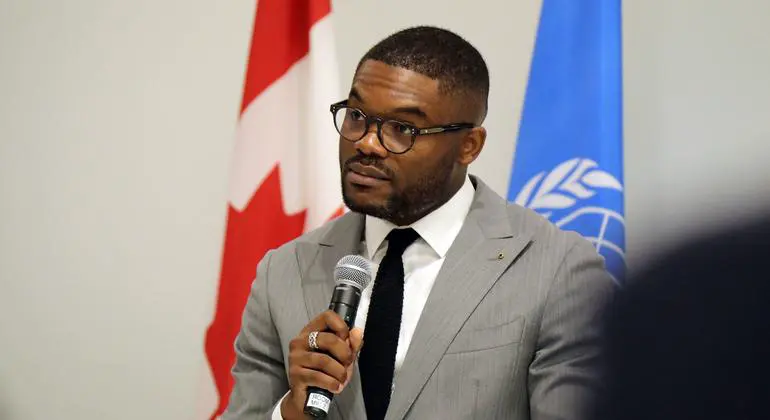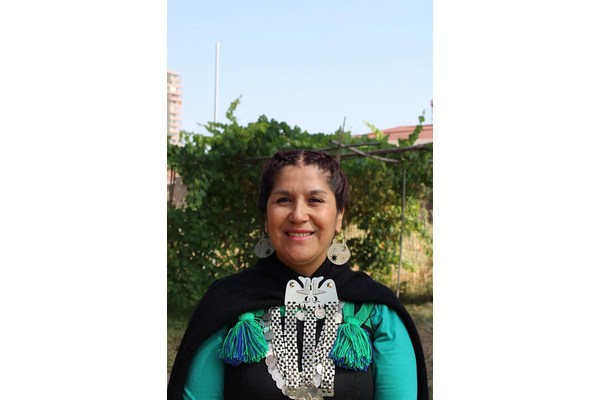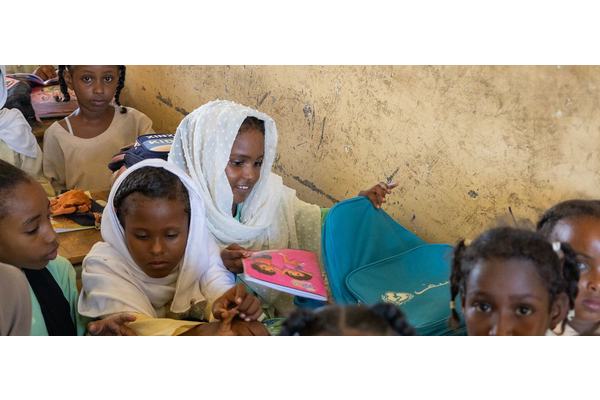Mind your language: The battle for linguistic diversity in AI | UN News
For two years, one international organization under the umbrella of the UN has been leading a relentless campaign in the corridors of global digital diplomacy. Its mission? To bring linguistic diversity to English-dominated artificial intelligence.
"We’re working toward 1,000 of the world’s most spoken languages," he pledged – a commitment he reaffirmed in Paris months later.
Limits of the Global Digital Compact
Despite these gains, challenges remain. Chief among them is visibility. "Francophone content is often buried by platform algorithms," Mr Nkalwo Ngoula warns.
Streaming giants like Netflix, YouTube, and Spotify prioritize popularity, meaning English-language content dominates search results.
"If linguistic diversity were truly considered, a French-speaking user should see French-language films at the top of their recommendations," he argued.
The overwhelming dominance of English in AI training data is another hurdle sidestepped by the Compact, which also omits any reference to UNESCO’s Convention on Cultural Diversity – an oversight that, according to Mr. Nkalwo Ngoula, should be rectified.
"Linguistic diversity must be the backbone of digital advocacy for La Francophonie," Nkalwo Ngoula insisted.
Given the pace of AI development, those changes need to happen – sharp-sharp.







